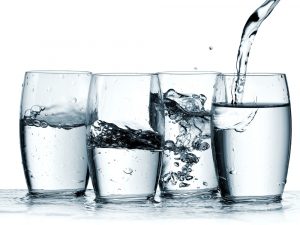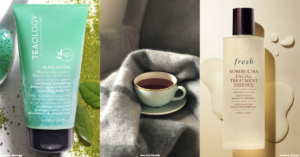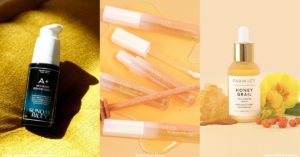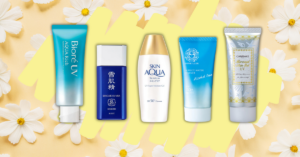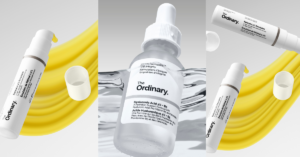Skincare
Signs You Need To Throw Away Your Sunscreen
See that old bottle of sunscreen on your shelf? It may be time to toss it in the trash, not...
By: Dedet Panabi / February 21, 2019
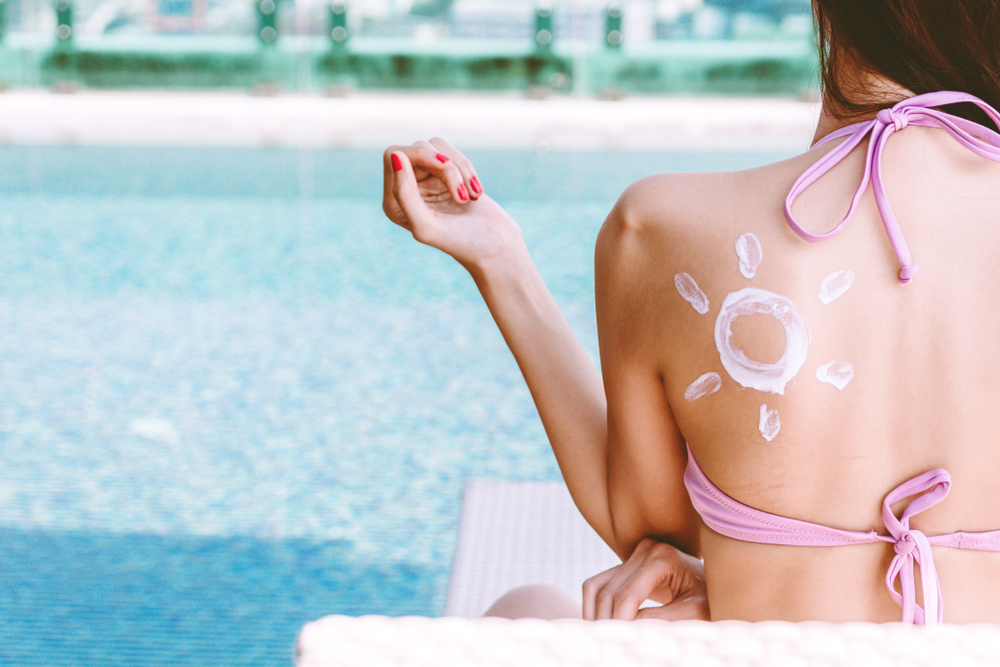
See that old bottle of sunscreen on your shelf? It may be time to toss it in the trash, not because it doesn’t “bring you joy” but because expired sunscreen won’t give you any significant UV protection.
Sunscreen is just one of those skincare products that you can’t afford to use past the expiration date. Even if expired sunscreen looks and smells okay, the ingredients may no longer be effective. “This means a significant increase in the potential for sunburns, sun damage, brown spots, and the risk for skin cancer development,” says New York dermatologist Shari Marchbein.
Cosmetic chemist Perry Romanowski says that both chemical and mineral sunscreens degrade over time. “‘Expired’ means that the product should no longer be expected to achieve the SPF rating stated on the container.” So you think you’re safe, and spend more time in the sun – and even if you don’t get sunburned, the UV damage has been done.
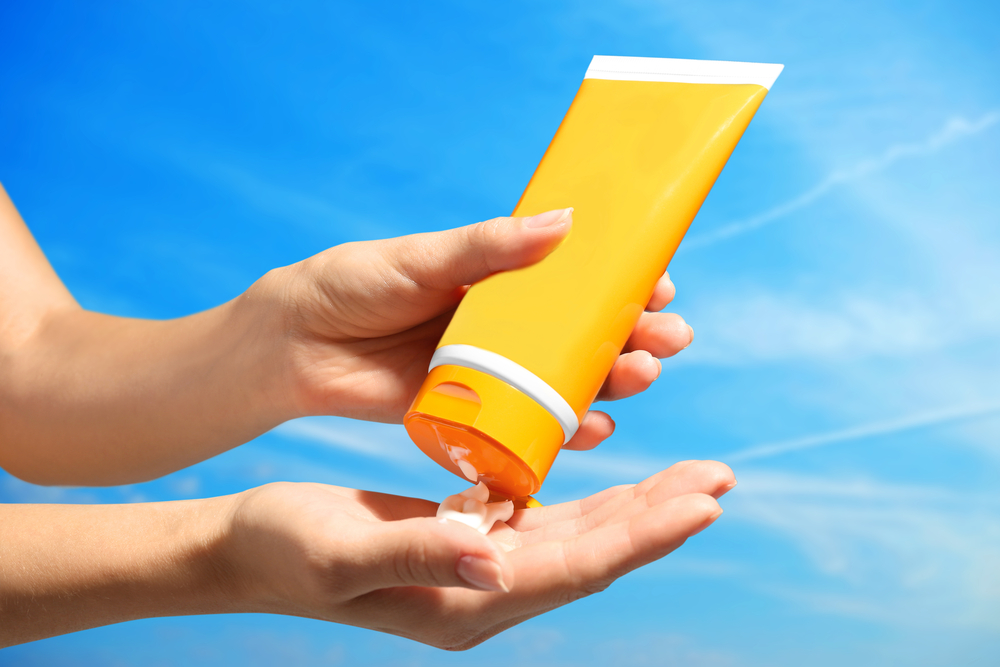
Contents
The Dangers of Expired Sunscreen
Expired sunscreen can change in colour, separate, or have a grainy texture. Its smell can also change, but unfortunately a lot of people can’t detect it.
“Most sunscreens already have a chemical smell, so it’s hard to tell when it’s gone bad,” says dermatologist Amy Chan. There’s also that gray area where sunscreen isn’t completely expired, but its consistency has changed. “It becomes watery, and is harder for the skin to absorb. It washes off when you go into the pool or sweat ,which already affects its efficacy.”
Chan explains that formula or consistency is a big component in a sunscreen’s success. “It should be able to create a protective, water or sweat resistant film. Any change in formula hurts its protection factor.”
Don’t rely blindly on expiration date
Sunscreens can degrade faster and expire even before the date on the bottle. That’s because most of us don’t store them properly. We put them in cars and wet bags, leave them in the sun, handle bottles with dirty hands, and generally expose them to environments that encourage bacteria growth.
Ideally, we should be using sunscreen so often and reapplying so frequently that we use up a bottle quickly. But too many people use sunscreen sparingly, especially body sunscreens which we only bring out when we go to the pool or road trips.

Hot climates like Singapore can also speed up sunscreen expiration. “If it has been exposed to heat, you should replace it every few months, just to be sure it is still effective,” says Romanowski.
How often should you replace sunscreen?
Skin experts say it’s better to replace sunscreen every year. So you don’t feel like you’re throwing away a perfectly good bottle, follow application guidelines.
“One ounce — about a shot glass-size — is needed for the face and body,” says Marchbein. “The majority of cream sunscreens are three ounces, whereas sprays are often four ounces, so you are applying a third to a quarter of the bottle every two hours.”
Stay on the Safe Side
When in doubt, toss sunscreen out. Sun exposure is not something to be taken lightly, especially in a tropical country like Singapore. UV rays penetrate glass windows, so even if you’re indoors you’re getting round-the-clock exposure to sun damage.
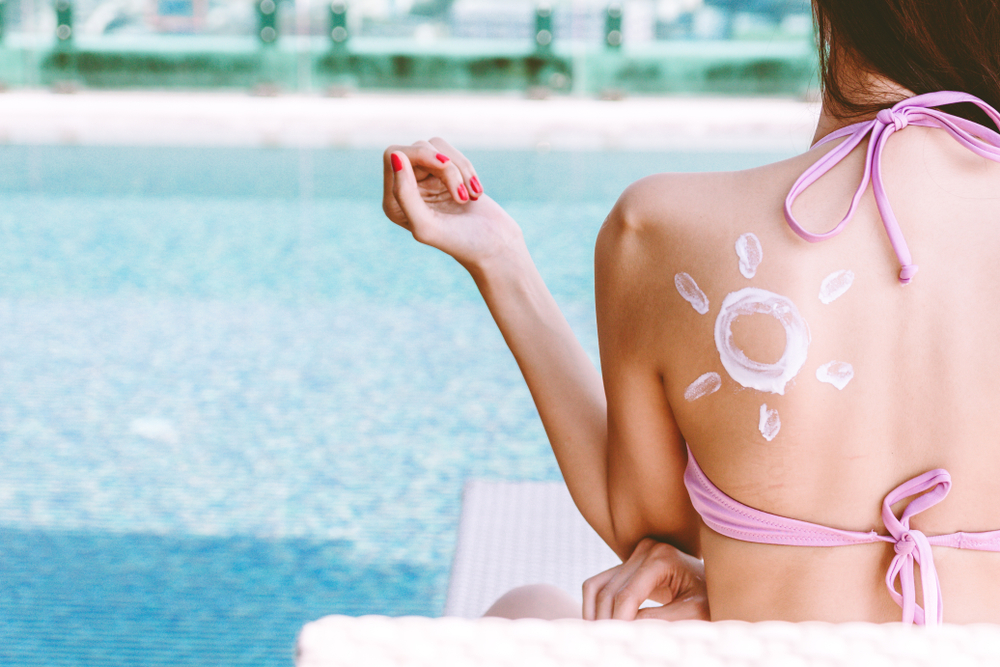
Worst of all, sun damage doesn’t really announce itself. You may not feel sun burned, but your skin cells can slowly deteriorate from the environmental exposure. It manifests in dry skin, sensitive skin, dull skin, or overall loss of glow and moisture.
“UV exposure accounts for 90% of premature skin ageing,” says Chan, citing research from independent studies around the world. “Take sun protection seriously!”






